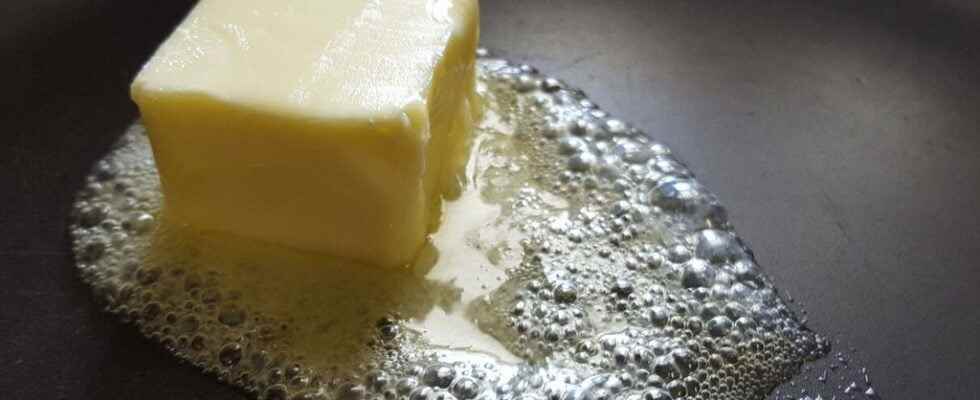Butter remains a caloric food rich in animal fats. Count 74 calories per 100 g. However, lipids contribute to our good energy intake. What are the alternatives ?
The consumption of butter by the French exceeds 23 grams per day. According to ANSES recommendations, we should not exceed 12% saturated fat per day, or about 20 grams, all foods combined.
Is butter good or bad for you? By consuming the portion in moderation each day, butter can cover 20% of the recommended intakes of vitamin A and D, vitamins that promote skin quality and strengthen the immune system, while being essential for cell growth. Vitamin D also contributes to the preservation of bone capital.
While butter is an undeniable source of calcium, 18 mg per 100 g, it should not be heated above 130 ° C. At this temperature, the fat releases carcinogenic components.
Vary your lipid intake
As with all foods, an excessive intake of lipids can be harmful to health.
Consuming vegetable oils is an interesting variation on butter. Olive oil, recommended in the Mediterranean diet, contains for example 75.2 g of monounsaturated fatty acids and 7.4 g of polyunsaturated fatty acids. Elements essential to the proper functioning of our body. They help protect against certain cardiovascular diseases.
If the puree of nuts, almonds or cashews prove to be caloric, oilseeds nevertheless provide many health benefits. Purees of dried fruits or roasted seeds are also rich in lipids, but the fats they contain support the cardiovascular system. They are composed mainly of unsaturated fatty acids, such as oleic acid.
To discover :
Loading widget
Subscribe to the Top Santé Newsletter to receive the latest news for free








